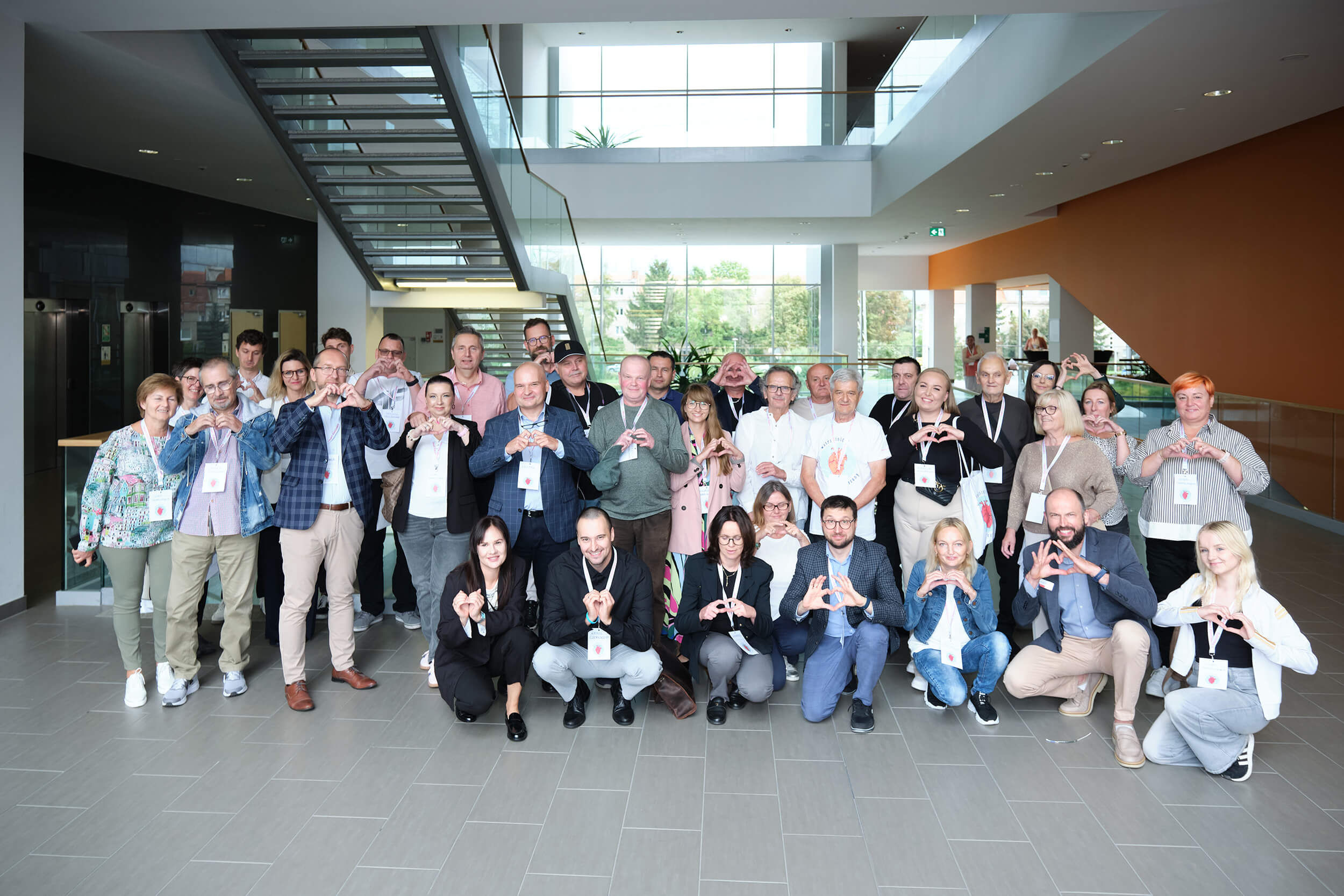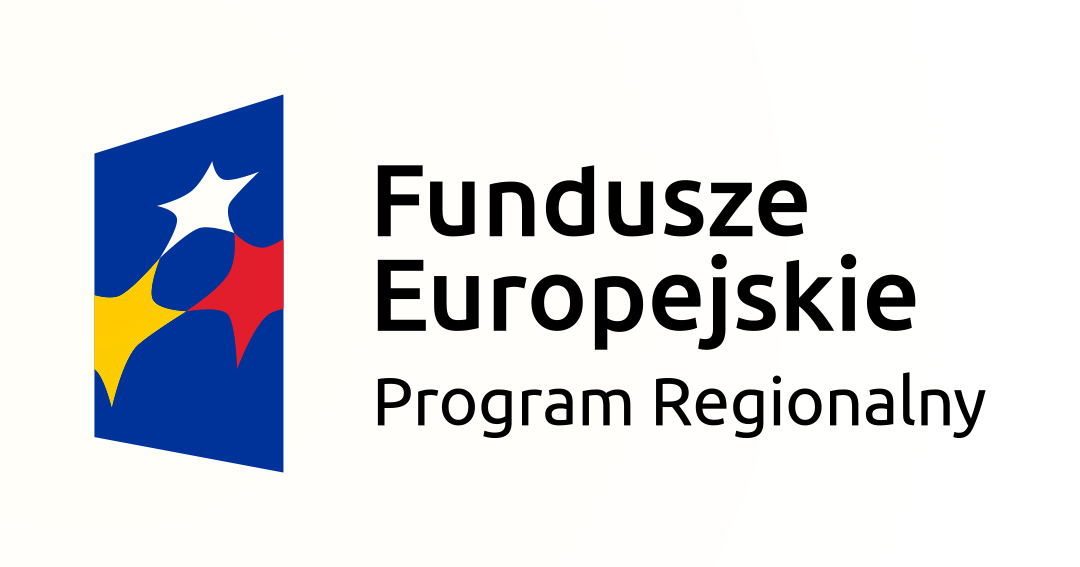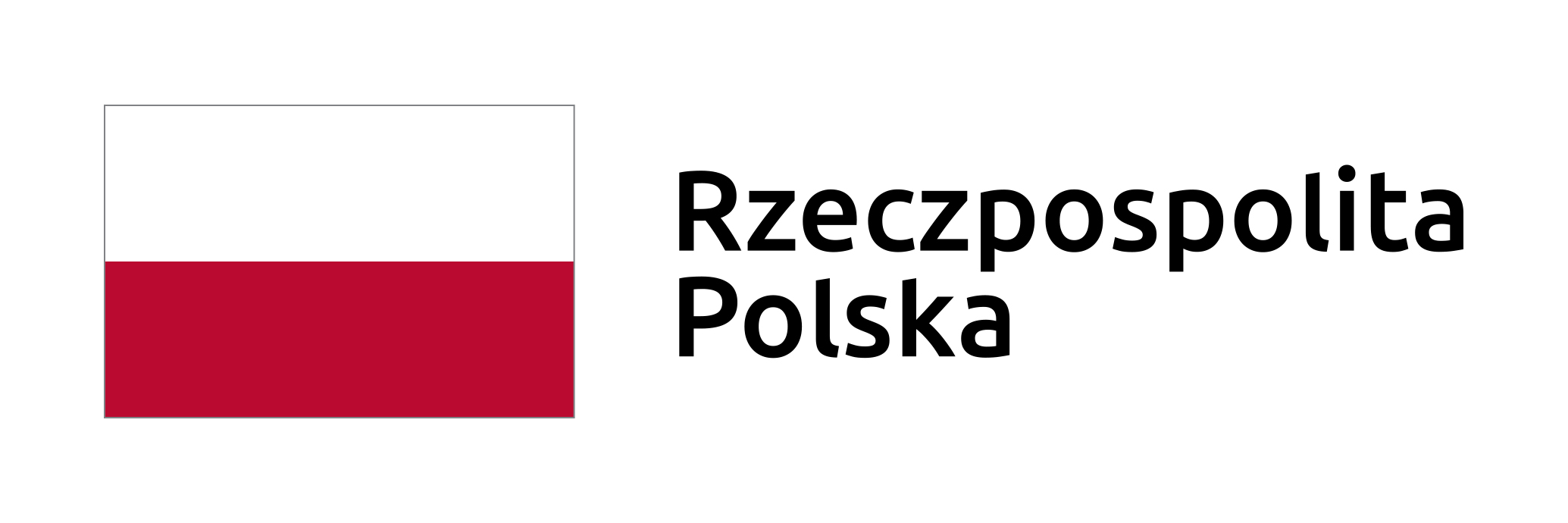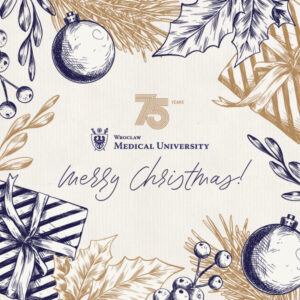
Patients suffering from cardiogenic shock emphasize that medical treatment isn’t everything – support in coping with emotions and returning to daily life after a traumatic experience is equally important. Responding to this need, a team of experts from the University Clinical Hospital in Wrocław (USK) is forming a psychological support group for patients who have suffered cardiogenic shock. This decision follows the first meeting of its kind in Poland, during which patients recently had the opportunity to speak with doctors, nurses, and rehabilitation specialists who make up the so-called SHOCK TEAM at the USK. Experts from the USK Heart Institute are discussing this initiative on World Heart Day, which falls on September 29th.
Cardiogenic shock is a severe, life-threatening condition. The heart is unable to pump enough blood, leaving organs deprived of oxygen. It requires immediate intervention to prevent multiple organ failure and death.
The initiative to bring patients together with their medical team was inspired by similar events held in other European centers. In Poland, it was recently held for the first time in Wrocław.
“We wanted patients to not only see the people who treated them during their most difficult moments, but also talk about their experiences,” says Dr. Wiktor Kuliczkowski, MD, PhD , professor at the Wroclaw Medical University, head of the Hemodynamics Laboratory at the Institute of Heart Diseases at the University Clinical Hospital in Wrocław, who is also the coordinator of the SHOCK TEAM. “On the other hand, for us – doctors, nurses, and rehabilitation specialists – this was an incredibly important meeting, because we were able to see patients who are alive and functioning thanks to our work. This is incredibly motivating.”
During the first meeting recently organized as part of the “Shaken, Not Stirred” project, patients emphasized that they often face numerous challenges after hospital discharge. Many experience symptoms of post-traumatic stress disorder—fear for their lives, flashbacks, and fear of another health crisis. Often, any chest pain or heart rhythm disturbance triggers panic and leads to repeated visits to the emergency room.
Psychological support group – continuing treatment
That’s why USK specialists are establishing a psychological support group, led by specialists from the USK Psychiatry Clinic in Wrocław. This group will provide patients with a network of like-minded individuals and access professional psychological support.
“Many patients admit they have no one to talk to about their experiences. Some seek help from psychologists or psychiatrists, but these are short-term solutions. Our ambition is to create a safe space where patients can count on specialists who know their story and understand what they’ve been through,” explains Dr. Dorota Szcześniak, a professor at the Wroclaw Medical University Department of Psychiatry.
SHOCK TEAM – cooperation that saves lives
Cardiogenic shock is one of the most serious conditions in cardiology, associated with a very high mortality rate. In Poland, approximately 60% of patients with this diagnosis die in hospital. At the Institute of Heart Diseases at the University Clinical Hospital and the Wroclaw Medical University, thanks to the work of the interdisciplinary SHOCK TEAM, in-hospital mortality rate has been reduced to 35%.
SHOCK TEAM is a team of cardiologists, cardiac surgeons, and anesthesiologists who collaborate on treatment decisions and act immediately. This work model is used in the best centers around the world. Since its inception in 2020, the Wrocław-based SHOCK TEAM has also accepted numerous patients from other hospitals in Lower Silesia, providing them with access to state-of-the-art treatment methods, such as mechanical circulatory support (Impella, ECMO) and heart transplantation.
“We achieved results similar to those reported in the United States and Western Europe,” emphasizes Professor Wiktor Kuliczkowski, who, along with his team, is the author of this unique project. He adds: “This is the result of combining modern technology and teamwork. But equally important is that the patient is not left alone after leaving the hospital. The psychological support group will be a natural complement to what we do in the department.”
A new phase of care
The planned support group is another step in building comprehensive care for patients with cardiogenic shock. In the future, the USK team is also considering creating a dedicated consultation path for these patients, so they can have easier and faster access to a doctor if they have any concerns.
“I observe the efforts of our teams every day. I see non-stop commitment: information and response regardless of the time or day of the week. These aren’t just words—they’re a daily reality that saves lives. This is especially important because cardiogenic shock is one of the most difficult medical challenges. When we talk about percentages and statistics, it’s easy to forget that behind them stand real people—patients and their families who have survived the trauma of a deadly threat. That’s why I’m pleased that the Heart Institute didn’t stop at excellent interventional care. Thanks to the SHOCK TEAM model, the coordinated work of cardiologists, cardiac surgeons, anesthesiologists, and perfusionists, we managed to reduce in-hospital mortality, and this is a huge success we can all be proud of,” says Prof. Dr. Hab. Piotr Ponikowski, Rector of the Wroclaw Medical University and Director of the Institute of Heart Diseases at the University Clinical Hospital, adds: “Medicine is not just about procedures and devices – although these are also crucial (I’m talking about mechanical circulatory support systems, life-saving surgeries, and transplant options). Equally important is care after leaving the hospital: psychological support, rehabilitation support, access to information, and a sense of security. The “Shaken, Unstirred” initiative and the psychological support group we are establishing are a natural complement to our medical activities. They give patients the space to tell their stories, work through anxiety, and rebuild their daily lives.”







